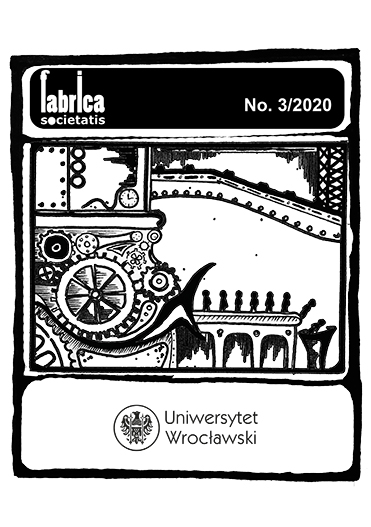

Artykuły

Since the beginning of the 1970s, profound transformations in the structure of family have been occurring. They are taking place in two dimensions. The first one concerns the multiplicity of the types of intimate bonds. This means that many patterns of ‘becoming’ a couple co-exist nowadays, and event that one melts into another within the same cycle of life. The other dimension concerns kinship. The possibility of ending a marriage changes the course of life, and children are born at its consecutive stages. The increase in the amount of single mothers/fathers as well as reconstructed (patchwork) families resulted in researchers’ greater interest in relationships between parents and children as well as ‘additional’ persons engaged in the process of the children’s education. This reflection was continued in the context of international adoption, assisted reproductive technologies (ART), or the emergence of families formed by homosexual couples, which renewed the debate on the social parent and biological parent. The research – confirming the increasing diversification of family configurations, the appreciation of the selected types of relationships, and a certain distance towards the heterosexual reproductive model – also reveals a varied understanding of paternity and maternity, which emphasise the gender hierarchy. At the same time, they show a turn towards “the occupation of a parent”, whose rules are becoming widely known and justify the institutional intervention of the state into family affairs within a particular definition of parenthood.

This work is licensed under a Creative Commons Attribution-NonCommercial-NoDerivatives 4.0 International License.